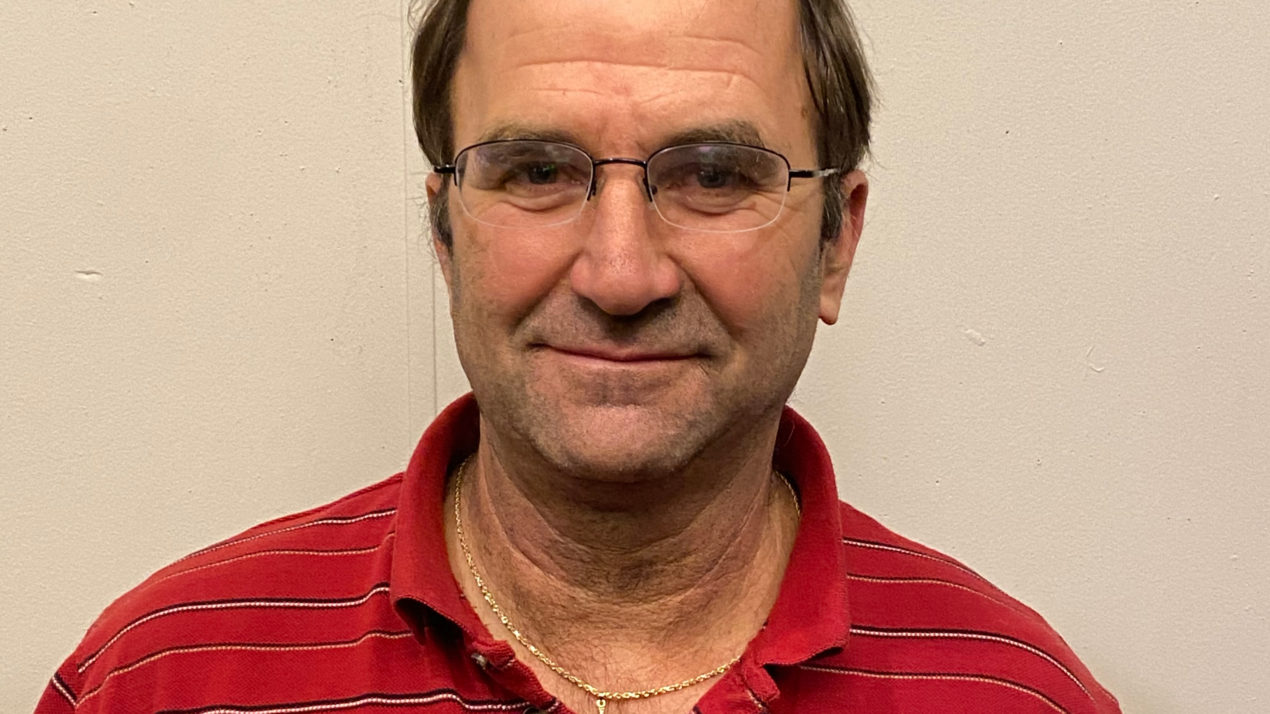
Members of the Calumet County Ag Stewardship Alliance (CCASA) looked back on a year of success and set goals for 2021 at an annual meeting on March 1.
Leaders talked about innovative farm practices, well testing and other items that the farmer-led watershed conservation group is focusing on to protect and improve water quality. The group was formed in 2019 and has 13 members, eight of whom are farmers.
Steve Richter, agriculture strategies director for The Nature Conservancy, a CCASA partner, reviewed the results of surveys from the farmers about their conservation practices.
- Seven members are using cover crops, representing 1,827 acres. This practice, which is aimed at keeping farm fields covered in between typical harvest times, improves the health of the soil and prevents erosion and the runoff of phosphorus.
- Those seven members are also using split application of nitrogen on 5,290 acres, which allows a significant portion of the fertilizer to be held back until the plants are ready to utilize it. Having less nitrogen sitting in the soil prevents the potential for loss.
- Six members have a nutrient management plan covering 6,325 acres. Such plans detail all the crop nutrient needs, soil test results and application of all nutrients, including manure, to the fields.
- Five members of the group are using reduced tillage on 118 acres, which prevents erosion and runoff by disturbing the soil less.
CCASA is participating in a well water testing program. Tony Reali, Calumet County Land and Water conservationist, said six wells on members’ cropland are being tested bi-monthly. The data is being analyzed to determine how different conservation practices affect water quality.
John Smedberg, district conservationist with the U.S. Department of Agriculture’s Natural Resources Conservation Service, reviewed the agency’s Environmental Quality Incentives Program. The program, which is available to CCASA members, is designed to cover approximately 70-90 percent of the actual cost to implement a conservation practice.
Looking ahead, CCASA President John Schwarz, said his group is working to add more members, connect with the community and local businesses, and host another field day similar to one held in August. The group is also creating a cover crop incentive cost-share program for 2021.

